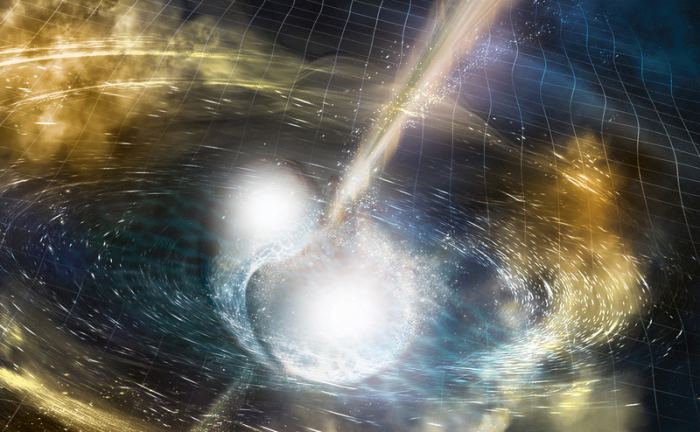“This unexpected behavior has led to a serious buzz in the scientific community, with astronomers trying to come up with explanations as to what type of physics could be driving these emissions.”


“This unexpected behavior has led to a serious buzz in the scientific community, with astronomers trying to come up with explanations as to what type of physics could be driving these emissions.”

“The new Scaling Solar and Storage (SSS) program, which has yet to be formerly announced and is expected to be rolled out over the next couple of years, would work on utility-scale tenders that pair solar PV with battery storage technology.”

“The latest research focused on the impact the “Fourth Industrial Revolution” — digital and traditional technology coming together to deliver efficiencies that will mean more jobs can be automated — will have on employment in the US.”


In a sci-fi feeling first, engineers at the University of Bristol used the world’s most powerful acoustic tractor beam to demonstrate that it’s possible to stably contain objects larger than the wavelength of sound.
In other words, they were able to levitate objects notably larger than what’s ever been possible before; a feat that theoretically opens up the potential of one day levitating humans.
Acoustic tractor beams use sound, or more specifically soundwaves, to hold particles in mid-air. While magnetic levitation also exists, acoustic levitation tends to work better for handling liquids and solids.

Diagnosis, Advice, and Treatment: This article is intended for informational and educational purposes only and is not a substitute for professional medical advice. Anti-aging therapies are considered experimental and involve extra risks. The information provided in this article should not be used during any medical emergency or for the diagnosis or treatment of any medical condition. A licensed physician should be consulted for the diagnosis and treatment of any and all medical conditions. Call 911 or the equivalent emergency hotline for all medical emergencies. As well, consult a licensed physician before your changing diet, supplement or exercise programs. Photos, External Links & Endorsements: This article is not intended to endorse companies, organizations or products. Links to external websites, depiction/mention of company names or brands, are intended only for illustration and do not constitute endorsements.

Humans today live a lot longer than they used to. That’s great news, but as modern medical advances are giving patients second chances at living normal lives, end-of-life care continues to be a difficult thing to plan. Forecasting when someone will die is an extremely challenging and often uncomfortable thing, but Stanford researchers have trained an AI to be able to predict death with incredible accuracy, and it could revolutionize end-of-life care for patients who are reaching their ends. The goal is to better match patient (and family) wishes with an accurate timeline of an individuals f…

Experts at Tufts University and other organization say the health benefits of coffee vary depending on how you prepare it.
Summary: Which has greater health benefits instant coffee vs. brewed? Experts at Tufts University and other organizations say that the health benefits of coffee vary depending on how you prepare the beverage. [This article first appeared on the website LongevityFacts. Author: Brady Hartman. ]
Does instant have the same health benefits as brewed coffee?
Coffee is not only popular. It’s also a healthy drink.
